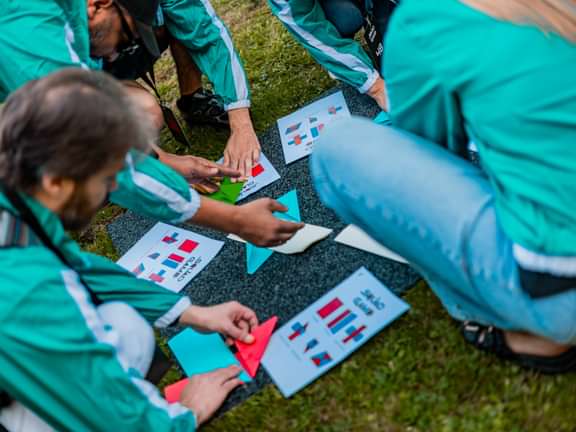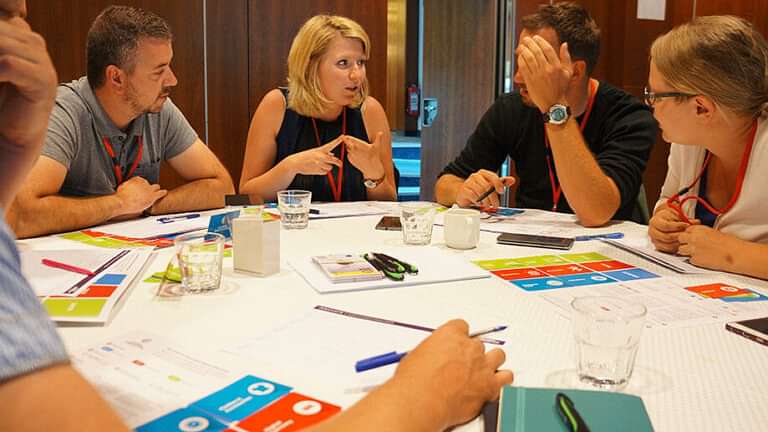
The pitfalls of teambuilding and how to avoid them

Written by: Arouna Fehou
Account Manager Team Masters
Despite the many benefits that teambuilding offers, certain pitfalls can limit its impact or even have the opposite effect. At Team Masters, we understand the challenges that come with teambuilding and help organisations avoid mistakes to achieve maximum results.
Below, we discuss the most common pitfalls and how to avoid them effectively.
Unclear objectives and lack of relevance
One of the biggest pitfalls in teambuilding is the lack of clear objectives and irrelevant activities. When goals are not well-defined and activities do not align with the team’s actual challenges, the effectiveness of the event can drop significantly.
How to avoid this?
- Define clear and measurable objectives before the activity takes place.
- Ensure that the activities align with the company culture and team challenges.
- Involve employees in selecting activities to increase relevance and engagement.

Excessive competition, mandatory participation, and repetitiveness
While competition can be a great motivator, an overly competitive atmosphere can disrupt team dynamics, leading to exclusion or unhealthy rivalry. Additionally, mandatory participation can backfire, and repetitive, monotonous activities lose their impact over time.
How to avoid this?
- Choose activities that promote collaboration rather than focusing solely on competition.
- Encourage voluntary participation and provide a mix of challenging and relaxing activities.
- Vary the activities to prevent the programme from becoming predictable and less effective.
Too much focus on fun and insufficient attention to learning goals
While having fun is an important part of teambuilding, it should not come at the expense of its educational value. Ignoring individual preferences and fears can lead to discomfort and reduced engagement.
How to avoid this?
- Integrate a balanced mix of fun and learning moments into the programme.
- Consider the diversity of the team and adapt activities to ensure all participants feel comfortable.
- Communicate realistic expectations about the long-term impact of teambuilding.

Lack of follow-up, evaluation, and strategic planning
One of the most common mistakes in teambuilding is the lack of a structured follow-up. Without evaluation, it remains unclear whether the activity was successful and if the objectives were achieved. Additionally, insufficient planning can result in a disjointed programme with minimal impact.
How to avoid this?
- Schedule an evaluation session to gather feedback and assess the effectiveness of the activity.
- Ensure concrete follow-up actions to integrate the learning experience into daily practice.
- Work with an experienced teambuilding partner such as Team Masters, who can assist in strategically planning and executing effective activities.
With the right approach and attention to detail, teambuilding pitfalls can be avoided, turning these activities into a valuable contribution to team dynamics and a positive company culture.
Team Masters helps businesses develop strategic, goal-oriented, and impactful teambuilding experiences.
Discover how we can help your team grow and strengthen at Team Masters.
Related blogs
Read more blogs on teambuilding, teamwork, and team inspiration.

